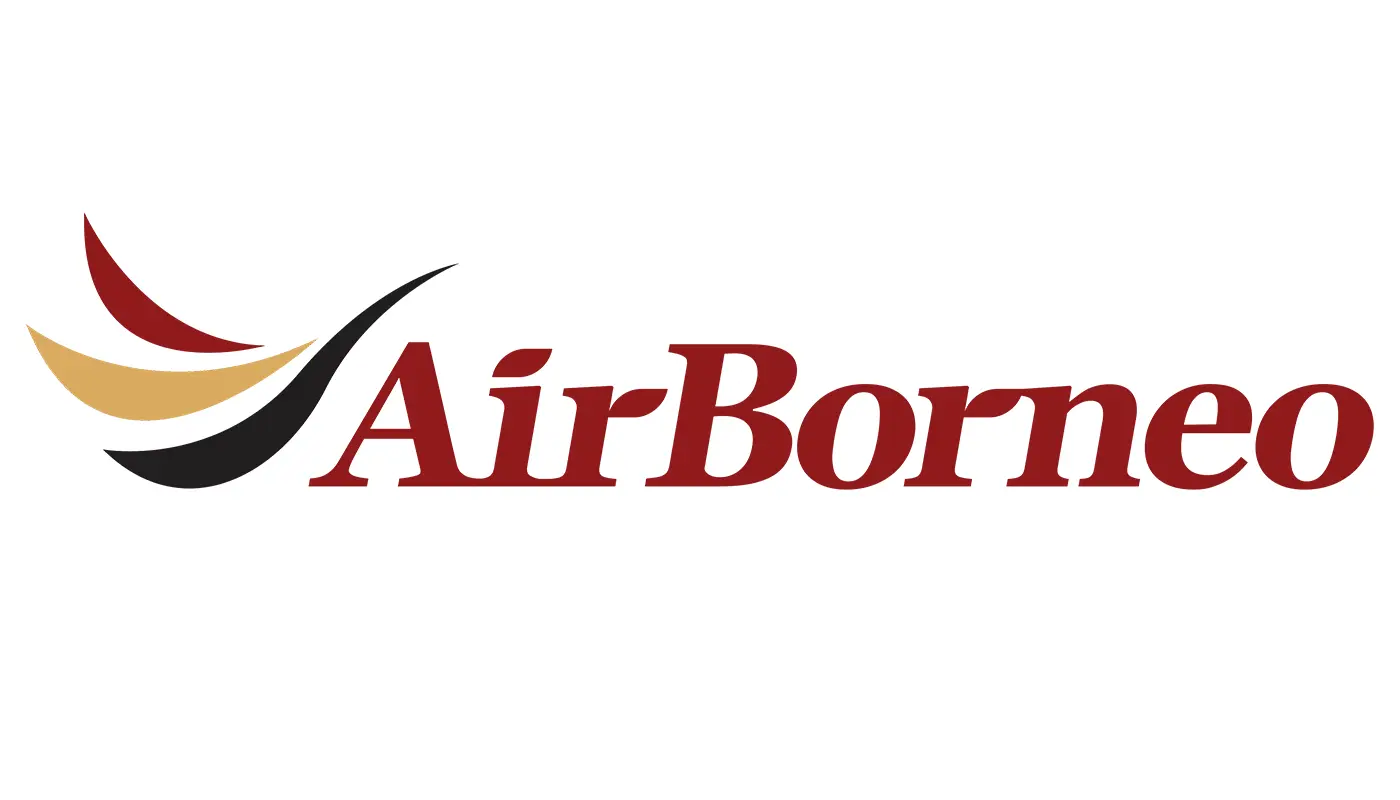KUCHING – AirBorneo, the newly rebranded state-owned airline of Sarawak, has announced that it will begin services to Japan in 2026, marking a significant step in its regional expansion strategy. The move follows the Sarawak government’s acquisition of MASwings earlier this year, which was subsequently renamed AirBorneo to reflect its broader ambitions.
Sarawak Transport Minister Datuk Seri Lee Kim Shim confirmed that Japan is among six international destinations identified for the airline’s next phase of growth. Other cities under consideration include Seoul, Hong Kong, Bangkok, Jakarta and Frankfurt.
The expansion is part of a wider plan to enhance connectivity between Sarawak and key regional markets, with the aim of attracting more foreign visitors and strengthening economic ties.
“We are looking into the possibility of leasing new jet aircraft once all the necessary approvals and licences are secured,” Lee said recently, adding that groundwork for the expansion is already underway.
The airline is expected to focus on routes linking Kuching International Airport with major Japanese hubs, with Tokyo and Osaka being the most likely entry points.
Industry observers note that Japan has become an increasingly important market for Sarawak, both in terms of tourism and trade.
In 2024, Japan ranked among the top five sources of international arrivals to Malaysia, with growing interest in ecotourism and cultural exchanges in Borneo.
The Sarawak government has positioned AirBorneo as a strategic tool to reduce reliance on external carriers and to ensure more direct links to international markets.
Premier Datuk Patinggi Tan Sri Abang Johari Tun Openg has previously emphasised that the airline is not only about connectivity, but also about asserting greater control over Sarawak’s aviation future.
Analysts suggest that the Japan expansion could be a turning point for AirBorneo, though challenges remain. Leasing modern aircraft, securing bilateral agreements, and competing with established carriers in the region will require careful planning.
Aviation experts also point out that Japan’s market is highly competitive, with strong demand but also high operating costs.
Despite these hurdles, the announcement has been welcomed by the tourism sector. Local operators believe that direct flights from Japan will boost visitor numbers to Sarawak’s national parks, cultural festivals, and heritage sites.
The move is also expected to benefit Sarawak’s exporters, particularly in agriculture and resource-based industries, by providing faster access to Japanese markets.
The expansion plan comes at a time when Sarawak is seeking to diversify its economy and strengthen its role as a regional hub. With the Northeast Asian market in focus, AirBorneo’s entry into Japan could mark the beginning of a new chapter in the state’s aviation and tourism landscape.






